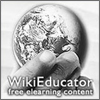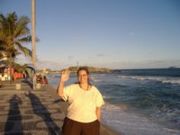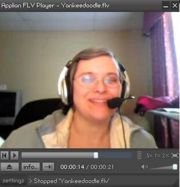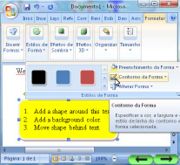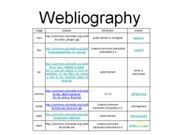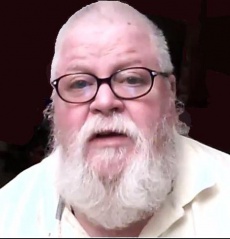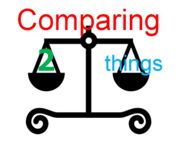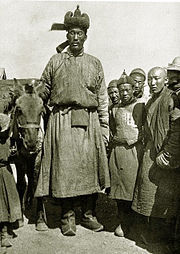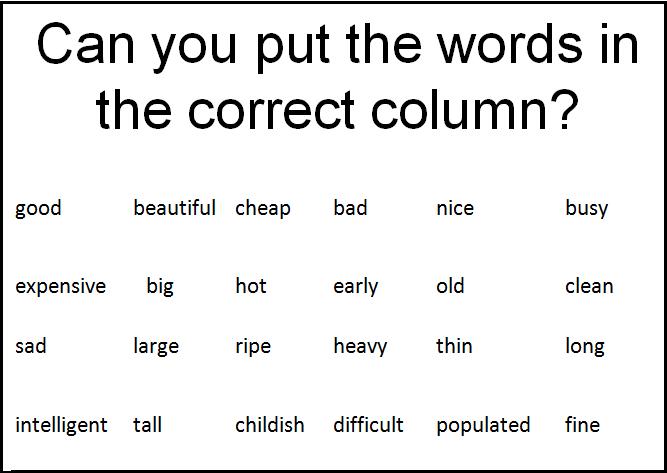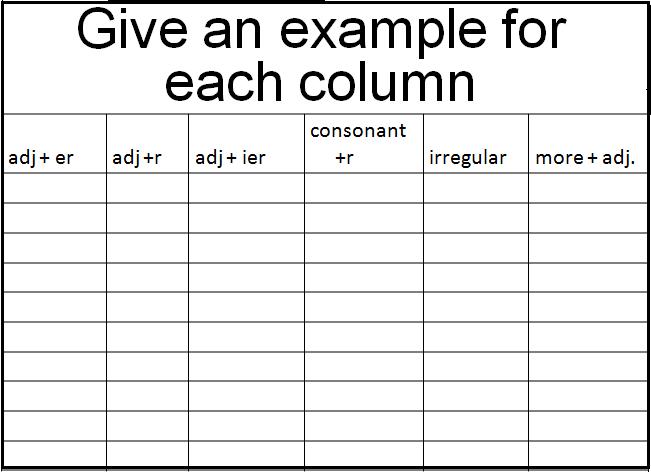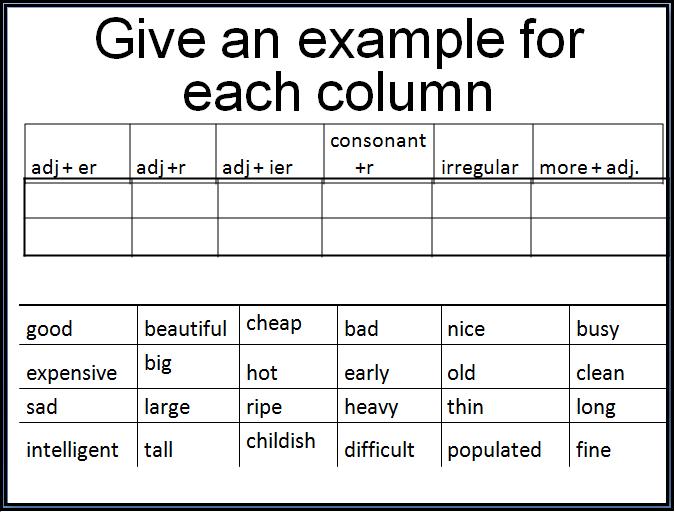Mary Ziller's Sandbox (where I play with code and experiment)
This is an old Version of Redcamarocruiser.
|
My Objectives for taking L4C32:
|
About Me
My name is Mary Ziller. I want to help WikiEducator make Open Educational Resources available to anyone who can benefit from them.
....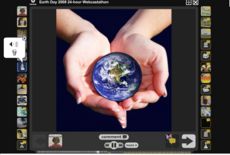 ......
......
| Website: | http://redcamarocruiser.ning.com/ | ||||
| Blog: | http://redcamarocruiser.blogspot.com/ | ||||
| Employer: | n.a. (between jobs) | ||||
| Occupation: | Librarian | ||||
| Other roles: | TEFL Online Tutor | ||||
| Nationality: | American | ||||
| Languages: | English, German | ||||
| Country: | USA | ||||
| Skype address: | cariocamary | ||||
| |||||
| |||||
My introduction to Web 2.0 tools was Becoming a Webhead (BAW08), a free peer administered training by English Village Online (EVO)for educators who want to incorporate internet technologies into their classrooms. They introduced me to the Webcast Academy and Worldbridges.One impressive collaborative international project that came out of this was Earthcast08 at edtechtalk.com [1]Voicethread of Earthcast08. (photo attribution: aussiegall on flickr CC 2.0). To celebrate International Earth Day, members of Webcast Academy and Worldbridges worked collaboratively with people around the world to produce and air a live webcast which lasted for an entire 24 hours of the GMT day! (see picture above).
I recently started a ning group to host my ESL worksheets. Feel free to join my site, if you like to contribute your work or become a learning partner.
My Profile
Professional Background
MS Information Science and Technology 1998, LMS 1999
Education
University of Pennsylvania, Drexel University After living 8 years in Germany, I returned to the States where I embarked on German language studies on the Mommie track, since I also had just started a family. Then I earned a MS at Drexel University to pursue my interest in Information Science.
My Interests
Professional
- ESL
- Teaching English, creating worksheets for English learners.
- I learn by teaching others. I have been involved with yahoo groups for English Learners and Teachers since 2004, sharing my knowledge. There are some things that you just cannot learn from a dictionary or grammar book. This is a service that I provide to my learning partners, as a language consultant.
- Librarian
- Teaching Beginning Computer and Internet Skills, Information Retrieval,Microsoft Word
- Story Hour, Reference Services
- German
- In after school enrichment programs.
Personal
- Learning languages
- Learning about Web 2.0
My Media
Singing Yankee Doodle, to practice 'ever' and 'never'.
media:yankeedoodle.flv Click to play the video.
mp3 file of an ESL dialog at the elementary level Click to hear the dialog.
media:Formatting worksheets in deletes3.pdf Click to open the pdf file.
This is an editable movie.
<kaltura-widget kalturaid='ksrx4nxmkg' size='L' align='L'/>
To view the movie click the arrow button at the movie screen.
<flash>file=movie.swf|width=800|height=600|quality=best</flash>
Photos
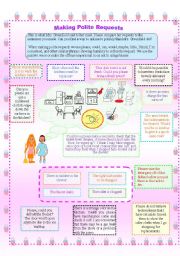
My Projects
I have inklings of projects I would like to work on, if I do not find an already ongoing project to collaborate on.
Click the back arrow to see my first OER contribution to the wikieducator comunity. Click the forward arrow to go to my projects page.
Creating free ESL materials for distance learning like the materials found at
Creating an ESL Distance Learning Course with Moodle or WikiEd resources and WizIQ like
|
Other Web Resources that I like are: |
My Sandbox
My Reflection
Open education resources such as wikipedia, wikimedia, wikinews, wikitravel, wikiversity, arXiv.org can be peer reviewed for quality control.
The advantage of using something like the Open Educational Resource materials (OERs)provided in wiki communities is that you can dispense with copyright worries. They are all made to be freely redistributed and you can legally create derivative works from them.
In regard to creating OERs I have been thinking about copyright. It varies from country to country. In the U.S. copyright laws can be found at the Library of Congress.
When creating an online course at an accredited university there are two main considerations that stand out.
- 1) The copyrighted material you use cannot be distributed in a public forum. You must limit the sharing of the materials to students who are enrolled in the course, and it must be password protected.
- 2) The digitized (scanned) copyrighted material that you use in the course cannot be saved on the server after the course is finished. You have to remove it from the server when your course finishes.
- 3) In addition, the amount of the material you may legally use under fair use (sorry it has another name in th UK which escapes me at the moment, maybe fair dealing?) should be comparable to the amount that you would use in a face to face classroom.
One outcome of my reflections regarding copyright is I coined the word copyfright and published the definition at The Urban Dictionary.
- n. 1. Copyfright is a brand of copyright that strips the author of all of his rights. It is so airtight that the author cannot even publish his own work to another journal or post it on his home page without giving credit to the publisher ;
- n. 2. The state of shock induced by restrictive copyright compliance regulations.
- adj. pertaining to practices of restrictive copyright applications such as coprfright police, copyfright nazi, copyfright conglomerates, copyfright industry giants.
Example: OERs (Open Educational Resources) are one way around the copyfright restrictions. Prime examples of OERs are Wikipedia, Wikinews, Wikiversity, Wikiquote, Wikitionary, and Wiki books. They operate under free licensing like creative commons and GNU.
Example:
- Q: Why does Dave look dazed?
- A: He just read the contract he has to sign to get his research published and is suffering from copyfright.
Example:
- The contract that the best and most prestigious publishers require researchers to sign before agreeing to publish articles is blatant copyfright.
Example:
- Don't let copyfright intimidate you from freely sharing your knowledge. Choose free licensing to disseminate your work online, and bypass all the copyfright legal traps.
Example:
- In academia in order to become well known and get tenure, you have to sell your soul to the copyfright monolith.
See also copyleft
And copyright (Reflection Nov. 29, 2009)
AN UPDATE:
There is still apparently a lot of confusion regarding copyright among educators who think they are complying with copyright. I thought I was being so careful by not using pictures from google image searches and only choosing Microsoft clip art and free clip art from other sites which offer their artwork for non-profit uses. It turns out that Microsoft only allows students to create school projects with their clip art in face to face instructional situations, but forbids the redistribution and publication of the materials online.
Fortunately my wikineighbor, Patricia Schlicht, alerted me to my misconception of copyright law in time for me to revamp my contributions using pictures from wikimedia. Thanks Patricia! This was a very time consuming undertaking, but I am glad that I had to do it because it forced me to recheck my assumptions and research Microsoft copyright policy and afforded me the opportunity to explore wikimedia.
The editable Kaltura movie that I had to remake because it contained Microsoft clipart, turned out better than the original one because I found some really interesting images that caused me to add new slides and inspired me to add another exercise to my presentation. I am so appreciative of this community, which enabled me to grow professionally.
Many thanks to Rob Kruhlak, Gladys Gahona, Patricia Schicht, Sanjay Kumar Pandagale, Phil Bartle, Sandy Causer, Nisha Singh, Nellie Deutsch, Joyce McKnight, Wayne Mackintosh, Barbara Dieu, Steve Forester, Jaap Bosman, Aprasad, Savithri Singh, and everyone who shared their expertise with me.
Dec. 6, 2009 --redcamarocruiser 17:47, 6 December 2009 (UTC)
Feedback & Notes from my WikiNeighbours
- Very nice to meet you, Mary, in the class. It is a very warm and fuzzy community. If there is any way I can help you, please let me know. For example, how to set up two user pages, one in English, One in German, and link them together. Come visit my user page. --Phil Bartle 19:55, 22 November 2009 (UTC)
- (
 : Hi Mary, Good start. I have moved copied the image syntax to outside of the gallery. If you follow the red link, it will bring you to the upload page where you can upload the image. Cheers, Rob Kruhlak 22:17, 26 November 2009 (UTC))
: Hi Mary, Good start. I have moved copied the image syntax to outside of the gallery. If you follow the red link, it will bring you to the upload page where you can upload the image. Cheers, Rob Kruhlak 22:17, 26 November 2009 (UTC))
- (
 : I have certified you as apprentice level 2. Keep up the excellent work. Cheers Rob Kruhlak 02:43, 28 November 2009 (UTC))
: I have certified you as apprentice level 2. Keep up the excellent work. Cheers Rob Kruhlak 02:43, 28 November 2009 (UTC))
- [[Note|Hi Mary, great user page you have developed. I salute you! I have one question though, the cartoon images you have used above, are these copyrighted or free of copyrights? You have to be careful when using images, not all of them are free to replicate. Thought I'll point this out. Warm wishes, --Patricia Schlicht 19:19, 5 December 2009 (UTC)}}
Welcome to eL4C32
- Hello and welcome to eL4C32, a free online Learning4Content wiki skills workshop.
- You may wish to check the schedule of the workshop, introduce yourself, and check the list of participants.
- Whenever you have the time, click on each of the above links and/or start ahead of time with the Pre-Work and Day 1 activities.
- Enjoy the workshop :-)
- Your facilitators:
.......................................................................................................................................................................................................Click on the arrow for the home page.
Upon Completion of this Section the Learner will be able to:
|
| Overview and Description of the Problem:
In some languages there is only one word to represent comparative and superlative adjectives. This leads to common errors among English learners. For example, in Portuguese the word 'melhor' can be translated both as 'better' and 'best'. |
Watch this movie. You can download the pdf file to read and refer to during the lesson. Pdf file to accompany the video.
| Words that describe things are adjectives.Adjectives that compare 2 things are comparatives.
There are Six Ways To Form a Comparative: Words that describe things are adjectives.Adjectives that compare 2 things are comparatives. Overview Introduction Rules:
|
Put the adjectives in the correct column in the table.
ANSWERS
| adj + er | adj + r | adj + ier | double consonant + r | irregular | more + adj |
|---|---|---|---|---|---|
| cleaner | nicer | busier | bigger | worse | intelligent |
| taller | finer | earlier | sadder | better | expensive |
| cheaper | larger | heavier | hotter | populated | |
| older | riper | thinner | beautiful | ||
| longer | childish | ||||
| difficult |
Test Your Skill
1. Qualified 2. Handy 3. Competent 4. Savvy 5. Experienced 6. Nearby 7. Compassionate 8. Skilled 9. Cheap 10. Famous I would prefer __________________________________________________________________________________________________.
|
| More Information |
The author is indebted to http://www.wikieducator.org/index.php?title=English_Language_Learners_Needs&action=edit for inspiring the layout of this page. The author is also indebted to http://www.wikieducator.org/IUT_2009_MediaWiki_Workshop/Activities for its templates.
.......................................................................................................................................................................................................Click on the arrow for the home page.
| Work in progress, expect frequent changes. Help and feedback is welcome. See discussion page. |
My Projects
Creating worksheets on the following categories deemed desirable by ESL Printables:
Vocabulary
- actions
- age
- alphabet
- American vs. British English
- animals
- autumn
- birthday
- body
- Christmas
- city
- classroom
- clothes
- colors
- countries
- daily routines
- days of the week
- describing people
- Easter
- environment
- face
- family
- Father's Day
- feelings
- furniture
- general vocabulary
- giving diretions
- greetings
- Halloween
- health
- hobbies
- holidays
- home
- homonyms
- hours
- idioms
- jobs
- London
- music
- money
- monhs
- Mother's Day
- numbers
- opposites
- people
- places
- restaurant
- rooms in the house
- school
- seasons
- shapes
- shopping
- sports
- spring
- St. Patrick's Day
- summer
- Thanksgiving
- time
- toys
- travels
- United Kingdom
- (I would add Australia
- and the United States)
- Valentine's Day
- weather
- winter
- world
Grammar
- adjectives
- articles
- auxiliary verbs
- comparatives/superlatives
- conditionals
- conjunctions
- contractions
- countables, uncountables
- demonstratives
- determiners
- for or since
- frequency adverbs
- future tenses
- gerunds and infinitives
- imperative
- interrogatives
- irregular verbs
- modals
- much or many
- must or have to
- nouns
- participles
- parts of speech
- passive voice
- past continuous
- past simple
- phonetics
- phrasal verbs
- plurals
- possessives
- prepositions
- present continuous
- present perfect
- present simple
- pronouns
- punctuation
- quantifiers
- questions
- relative clauses
- reported speech
- some or any
- subject and verb
- subjunctives
- subordination
- tag questions
- (I would add there is/there are)
- time adverbs
- to be
- used to
- verb tenses
- word order
Other
- Business English
- classroom forms
- conversations
- listenings
- movies
- readings
- role plays
- songs
- tests
- web quests
- writing
- other printables
| Work in progress, expect frequent changes. Help and feedback is welcome. See discussion page. |
.
| Mary Ziller, aka Redcamaroruiser |
OERs (Open Educational Resources) are one way around the copyfright restrictions. Prime examples of OERs are Wikipedia, Wikinews, Wikiversity, Wikiquote, Wikitionary, and Wiki books. They operate under free licensing like creative commons and GNU.
See also copyleft And copyright
|
<kaltura-widget kalturaid='0bmawwqc7k' size='L' align='L'/>

